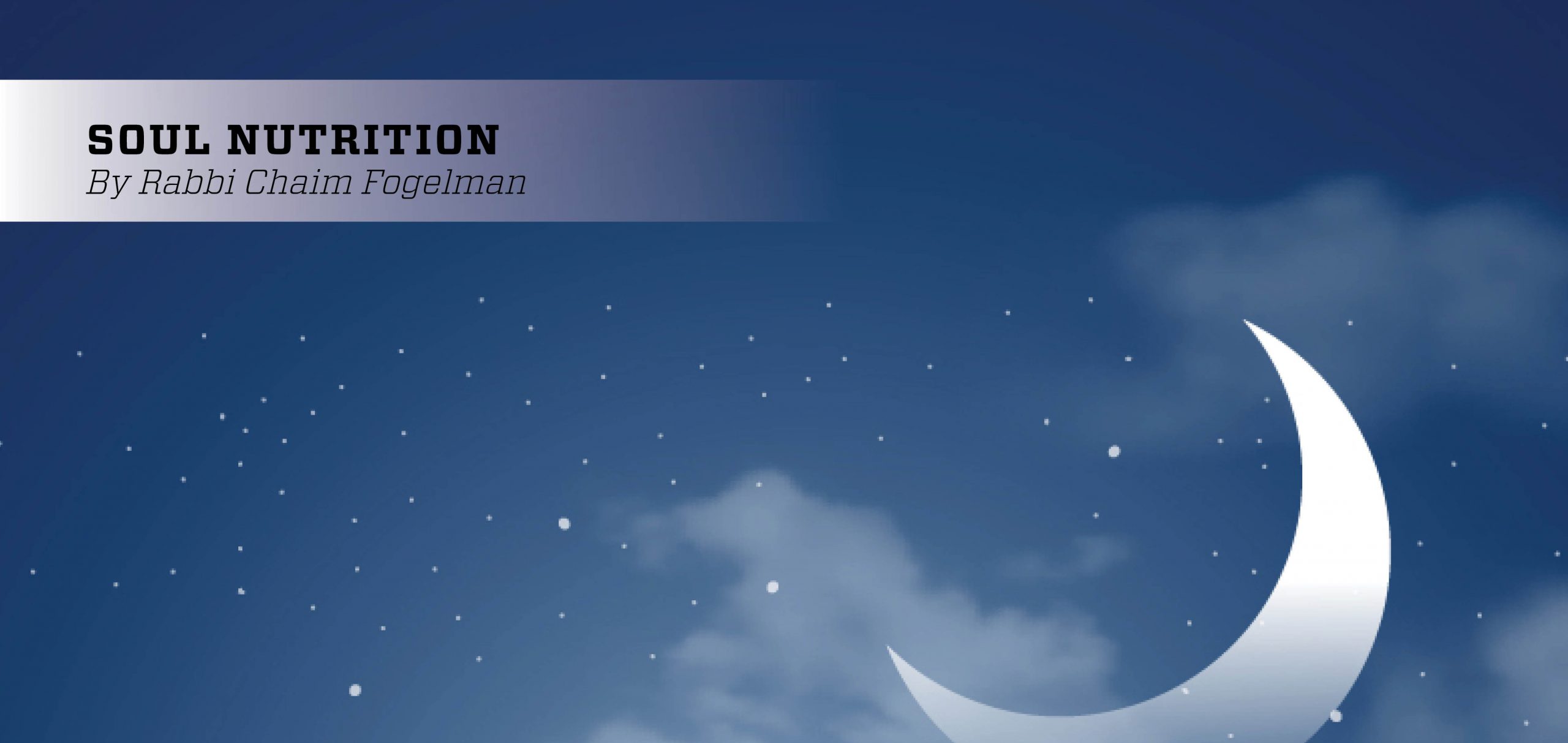The Jewish calendar system rotating on a 19-year cycle, institutes a leap year periodically to compensate for the days lost in the juxtaposition between the lunar and solar calendars, the Jewish calendar being based upon the lunar calendar. This past year, a leap year, concludes an entire 19-year cycle and effects a perfect correspondence, leaving no disparity, no extra days or moments, between the two calendars.
This calendar adjustment is reflected in a Jew’s service to Hashem. The Baal Shem Tov explains that everything a Jew sees or hears should serve as a lesson in one’s service to Hashem. Particularly, the fixation of the calendar, which is a mitzvah of the Torah, contains valuable lessons in the service of Hashem.
The leap year teaches every Jew that during the leap year one can compensate for the service one has not fulfilled in previous years. Although this concept applies throughout the entire leap year, there are particular stages within the year when the concept is more relevant. For example, the month of Elul was instituted as a time of Teshuvah for the entire year. Within Elul itself, the last 12 days are of special importance. Each day serves as a period of Teshuvah for one month of the previous year.
Erev Rosh Hashanah contains the potential to effect Teshuvah for that month of Elul (which in turn effects a Teshuvah for that entire year, which subsequently can effect a Teshuvah for the entire past 19-year cycle).
On this one day, Erev Rosh Hashanah, each Jew has the capability to compensate for all the deficiencies of his previous 19 years. Teshuvah is a movement which is above time and is possible in one moment, with one turn of attention. It is within the grasp of-every Jew. The realization that Teshuvah can have such far-reaching effects, is within our potential and should motivate every Jew towards increased joy in his study of Torah and performance of mitzvos.
Why don’t we wear shoes on Yom Kippur?
On Yom Kippur, when a Jew does teshuvah he elevates the whole world – even the ground that we walk on becomes admas kodesh (holy ground). That may be one of the reasons we don’t wear our shoes, because when one walks on holy ground, we remove our shoes. We learn this from the Torah, when Hashem said to Moshe Rabbeinu, as he approached the burning bush, “Remove your shoes; the ground that you are standing on is holy.”
Rabbi Chaim Fogelman is a member of the OK Kosher Vaad HaKashrus.


 EN
EN  ZH
ZH  KR
KR  BR
BR  ES
ES  IN
IN  IL
IL 




